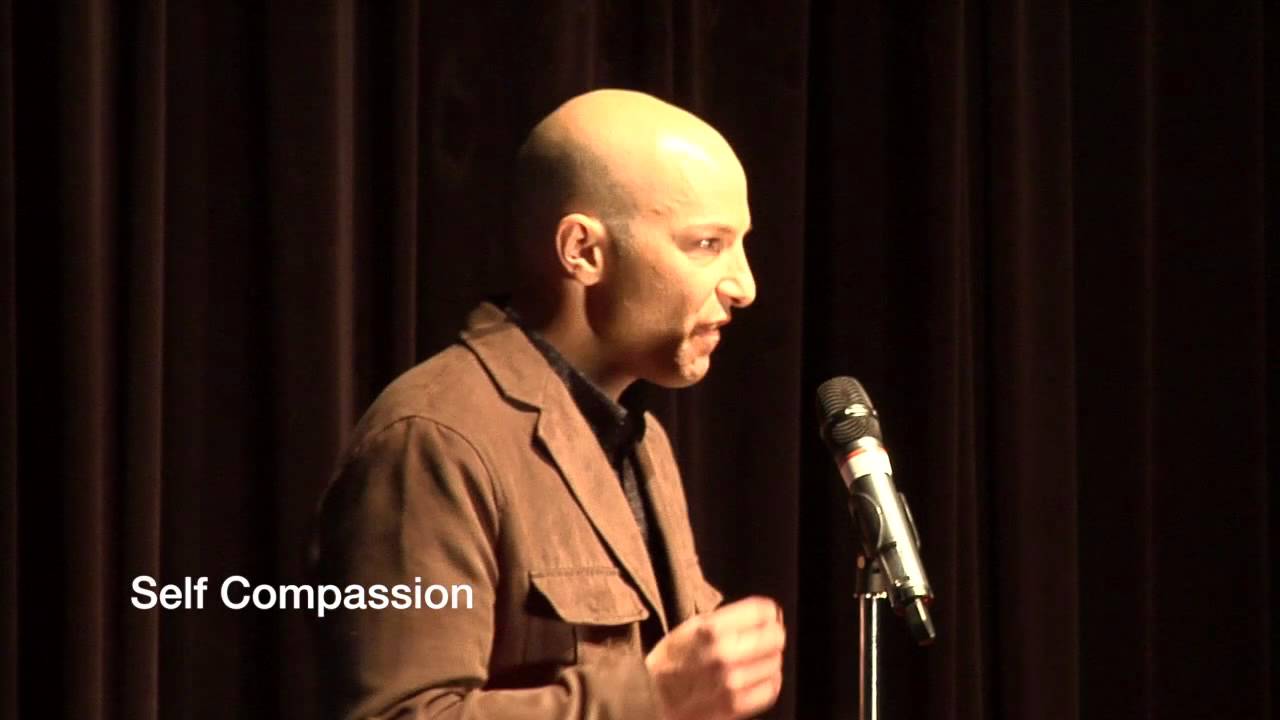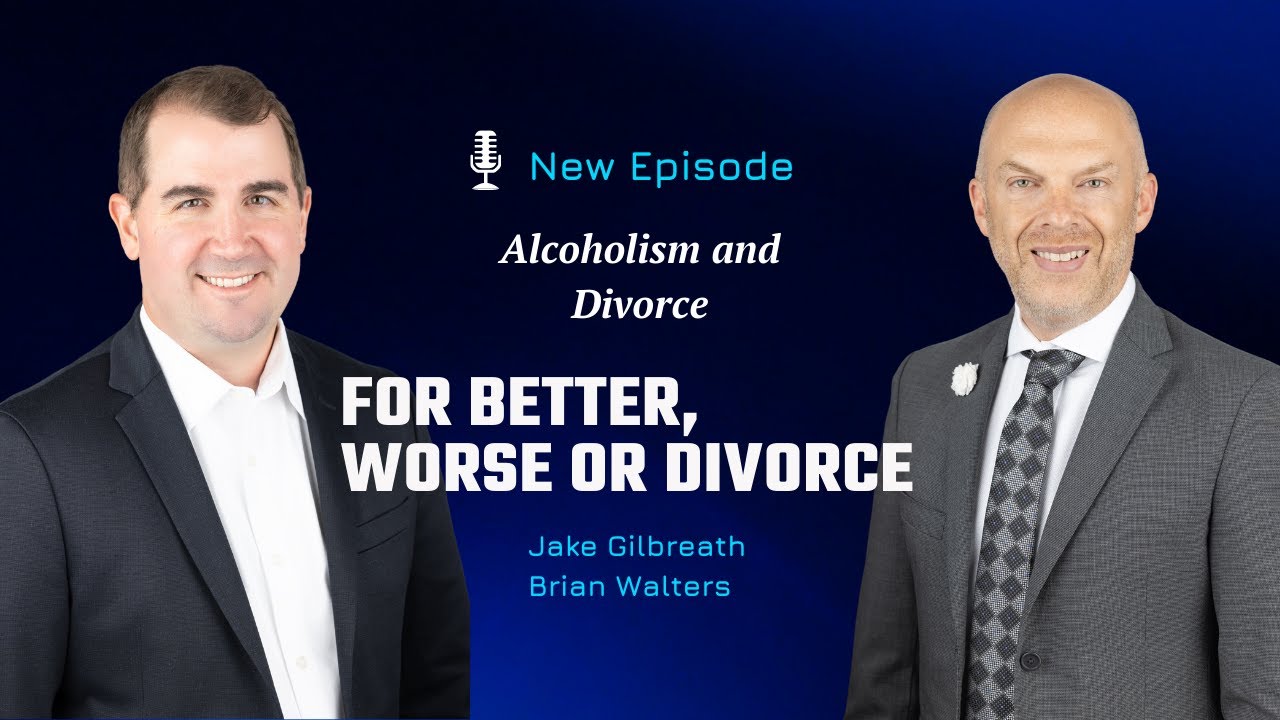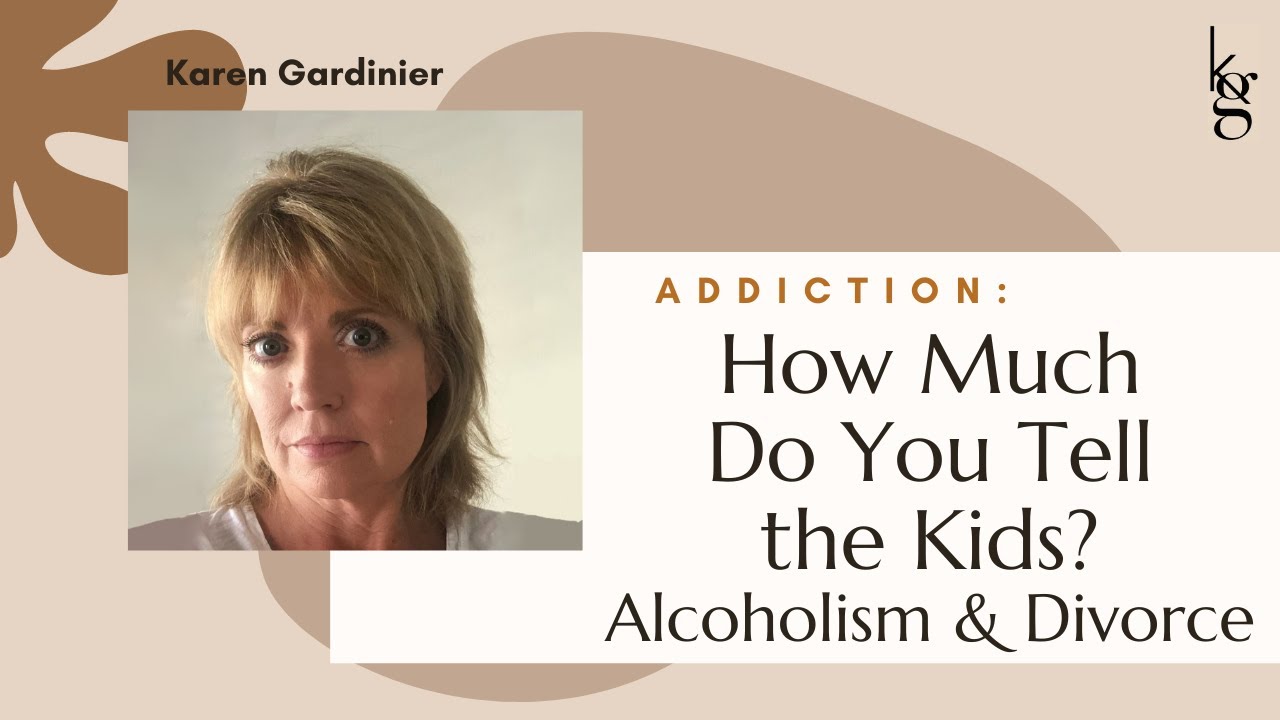Navigating divorce and addiction can feel like you’re walking through a minefield. Each step you take requires careful thought, especially when it comes to setting firm boundaries to protect yourself and your children. In today’s world, it’s crucial for parents facing these intertwined struggles to find practical strategies for survival and healing. This article provides seven empowering strategies to help individuals and families facing the difficult journey of divorce while dealing with addiction.

Top 7 Strategies for Successfully Navigating Divorce and Addiction

1. Understanding Addiction’s Impact on Relationships
The road to divorce often involves uncomfortable truths about addiction. It can heighten emotional turmoil, complicating the already fraught relationship dynamics. Understanding how addiction shapes behaviors and expectations is key. A study published in Substance Use & Misuse indicates that marriages involving substance abuse have a 60% higher likelihood of divorce. This statistic highlights the urgency of addressing behavioral issues in a way that safeguards your children’s mental health.
When grappling with addiction in the context of divorce, acknowledge that both you and your spouse may react based on fear, anger, or loss. These emotions can cloud judgment and lead to choices you might regret later. Recognize that addiction doesn’t define a person, but it sure can impact relationships. Knowing this can help you respond with empathy, even when it’s tough.

2. Developing a Support Network
When navigating divorce and addiction, having a sturdy support network is indispensable. Support groups, like Al-Anon, can bring together those affected by someone else’s drinking. Participants share experiences, coping mechanisms, and stories of resilience that remind you that you’re not alone.
Building a circle of trusted friends and family who empathize with your situation can also provide immense relief. When you share your struggles and fears, you invite others to help lift you when you’re feeling down. Connect with people who understand the challenges of addiction and divorce, and you may find pockets of strength when you need them most.
3. Establishing Clear Communication Boundaries
Communication can make or break your situation when navigating divorce and addiction. Setting clear boundaries about how and when to discuss sensitive topics is vital in reducing misunderstandings.
Using a structured communication method, such as non-violent communication, can help ensure discussions stay on track. For example, instead of accusing your partner of failing to prioritize recovery, share how their actions affect you and the children. This way, you’re keeping things constructive rather than letting emotions spiral into conflict.
4. Prioritizing the Children’s Well-being
When navigating divorce and addiction, the emotional and physical well-being of children must always come first. Research by the American Journal of Orthopsychiatry indicates that children with parents battling addiction face greater risks for adverse outcomes. This risk becomes even more pronounced during a divorce.
Creating co-parenting plans that include counseling and education about substance abuse ensures healthier interactions between both parents. Engaging in these practices helps your children feel secure and supported, minimizing the risk of them feeling caught in the middle of adult conflicts.
5. Educating Yourself on Legal Frameworks
Knowledge is power, especially concerning your legal rights regarding custody and addiction. Being informed helps you face the challenges ahead more confidently. For instance, in the case of In re Marriage of D.B. and L.B., the court favored the non-addicted parent due to evidence of the other parent’s substance abuse.
Staying updated on rulings like these can illuminate how addiction weighs heavily in custody disputes. Knowing legal precedents may help you articulate your position during negotiations. It’s wise to consult a family law attorney who understands these complexities to ensure you’re well-prepared.
6. Utilizing Professional Support Services
Engaging with professional support services is crucial when navigating divorce and addiction. Therapy programs that combine family therapy with addiction treatment, like those offered by the Hazelden Betty Ford Foundation, can facilitate meaningful healing.
Receiving guidance from specialized therapists can transform how both parents handle their recovery responsibilities. They provide tools and frameworks to help you communicate effectively and supports your journey toward a healthier family dynamic.
7. Fostering Healthy Coping Mechanisms
In times of distress, it’s vital to develop healthy coping mechanisms. They can serve as a refuge amid chaos, providing solace and clarity. Mindfulness meditation, for instance, can enhance your emotional regulation while you navigate your divorce and addiction.
Consider joining support groups designed specifically for divorced individuals coping with addiction, such as SMART Recovery. These spaces offer insights on redirecting negative energy into constructive outlets, equipping you with tools to manage stress and emotional upheaval effectively.

Innovative Approaches for Lasting Change
Navigating divorce and addiction is challenging, yet setting firm boundaries can lead to healthier outcomes for everyone involved, especially children. By prioritizing understanding, clear communication, and ongoing support, you can manage your situation more effectively. Society continues to grapple with addiction’s impact; taking proactive steps toward self-care and community engagement will be paramount.
In facing these struggles, it’s crucial to remember that you’re not alone. Resources like Mothers Against Addiction provide a compassionate hand for parents enduring the weight of loss or strife due to addiction. Together, we can cultivate a brighter, more supportive future for all families touched by these profound challenges.
If you’re ready to take that first step toward understanding more about navigating divorce and addiction, explore the resources available here, and let’s start this journey together. You deserve peace, joy, and resilience amidst chaos.

Navigating Divorce and Addiction: Fun Facts and Trivia
Understanding the Landscape
Divorce can be a rocky road, but when addiction comes into play, it gets a lot more complicated. Did you know that many states have specific laws around drug testing during divorce proceedings? This can be crucial because, under certain circumstances, these laws can impact custody decisions. Check out the current drug testing laws to understand your rights and responsibilities better. It’s a chance to protect both your interests and your children’s wellbeing when addiction is part of the equation.
In a world where addiction leads to emotional fallout, one might be surprised by the prevalence of Addiction-related negligence cases. These cases reveal how addiction can not just affect the individual but also strain relationships, resulting in legal entanglements. Understanding addiction-related negligence can give you insight into how these issues may affect your divorce proceedings, especially if the other parent is struggling with substance use.
The Money Matters
When dealing with divorce and addiction, financial planning can’t be overlooked. Think about it—suddenly your financial future’s on the line! This is where the process of estate planning For Addicts becomes essential. It lets you strategize and minimize potential risks linked to addiction. If you’re curious how to secure your assets, reading up on estate planning for addicts can provide valuable guidance.
Ever heard the phrase “to amortize? In the midst of all this emotional turmoil, understanding how your debts and assets will be calculated can provide a semblance of control. Knowing how to properly deal with finances during such upheaval helps pave the way toward a healthier, stable future for you and your children.
Personal Stories and Insights
Sometimes, personal stories resonate more than facts. For example, the journey of individuals like Natalie Mcnally serves as a reminder of the human side of addiction and divorce. It showcases how personal struggles can lead to profound changes. These stories can motivate others trying to steer through the challenges posed by navigating divorce and addiction.
And don’t forget—what feels overwhelming now is often part of a bigger picture that’s also about recovery and hope. Even public figures, like Ddot osama, have faced these challenges and emerged stronger. Their experiences can shed light on the importance of setting firm boundaries while showing that there’s always room to reclaim joy, even in tough times.
Navigating divorce and addiction isn’t just a battle; it’s a journey filled with learning and resilience. Whether understanding legal structures or learning from anecdotal experiences, those affected can find the strength to move forward.

Can you have a healthy marriage with an addict?
Yes, it’s possible to have a healthy marriage with an addict, but it takes a lot of work. Setting clear boundaries and sticking to them is essential, and both partners need to be committed to change and recovery.
How many marriages end in divorce because of alcoholism?
Almost 50% of marriages end in divorce when one partner is a heavy drinker, with slightly higher rates if the heavy drinker is the wife, according to a study from The University of Buffalo.
How to live with an addicted husband?
Living with an addicted husband can be tough, but setting boundaries is key. You should communicate openly, seek support for yourself, and stay focused on what you need and want in your life.
Why is it so hard to leave an addict?
Leaving an addict can be super hard because you might worry they’ll spiral deeper into addiction or potentially hurt themselves. You often feel a mix of love, fear, and responsibility that makes it tough to walk away.
What happens to the spouse of an addict?
The spouse of an addict often faces a lot of emotional pain, stress, and uncertainty. They might feel lost, guilty, or overwhelmed, and it can take a toll on their mental and physical health.
What are the four types of wives of alcoholics?
There are four types of wives of alcoholics: the enabler, the caretaker, the codependent, and the disengaged. Each type has its own struggles and coping mechanisms related to their spouse’s addiction.
What are the traumas of being married to an alcoholic?
Being married to an alcoholic can lead to various traumas, like emotional distress, a loss of trust, feelings of isolation, and even financial problems stemming from the addiction.
Is drug use grounds for divorce?
Drug use can indeed be grounds for divorce, especially if it’s affecting the relationship negatively. Many people cite addiction as a significant reason to seek a divorce when the situation becomes unmanageable.
What is high functioning alcoholic?
A high functioning alcoholic is someone who can maintain a job and a social life while still being dependent on alcohol. They often hide their drinking and can seem okay on the surface.
When to walk away from someone with addiction?
It’s best to walk away from someone with addiction when their behavior poses a danger to your safety or well-being, and you feel you’ve exhausted all other options for support and recovery.
What is one of the first signs of withdrawal?
One of the first signs of withdrawal is often anxiety or restlessness. People might experience physical symptoms like sweating, shaking, or nausea as their body reacts to the absence of the substance.
Why do addicts blame their spouses?
Addicts sometimes blame their spouses as a way to shift responsibility for their behavior. It’s a common tactic to avoid facing their addiction and the consequences that come with it.
What is the hardest drug to quit?
While every addiction is tough, many consider heroin to be one of the hardest drugs to quit due to the severe physical and psychological dependence it creates.
How to get rid of a drug addict’s husband?
Breaking up with an alcoholic isn’t wrong; if the relationship is damaging your mental health or safety, prioritizing your own well-being is crucial.
Is it wrong to break up with an alcoholic?
Drug addiction can create significant strains in a marriage, leading to trust issues, communication breakdowns, and emotional distance. Many couples struggle with the impact of addiction on their relationship.
How does drug addiction affect marriage?
Yes, a marriage can survive after addiction, but it often requires commitment from both partners, consistent therapy or counseling, and a strong support network.
Can a marriage survive after addiction?
It is possible to be in a relationship with an addict, but it’s essential to recognize the challenges and maintain clear boundaries for your own mental health and safety.
Is it possible to be in a relationship with an addict?
If you’re dealing with a drug addict husband, consider seeking support for yourself, setting firm boundaries, and encouraging him to seek help. It’s important to put your well-being first.




























